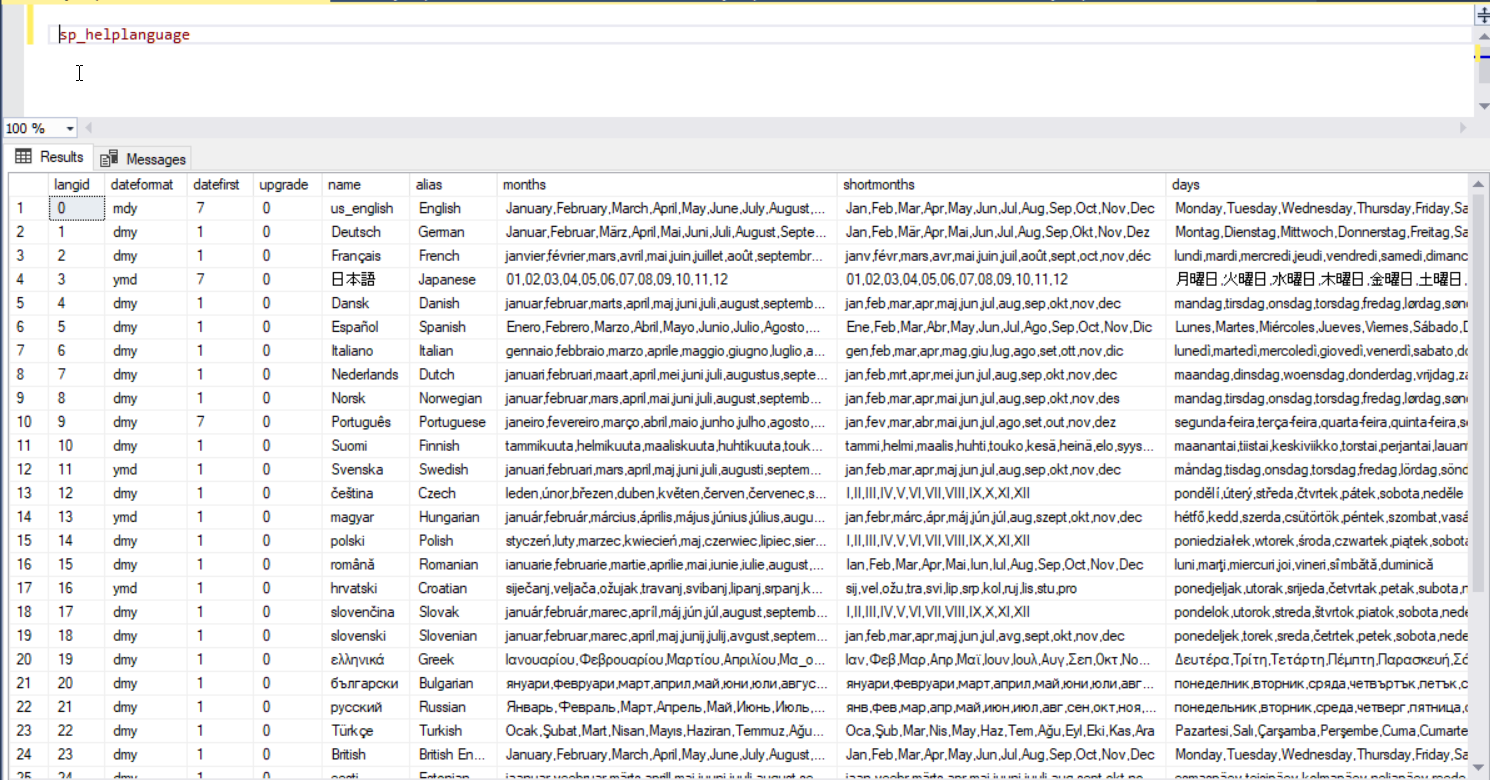

TO_TIMESTAMP converts a formatted date and time string to a standard timestamp. TO_DATE converts a formatted date string to a date integer. CAST ( expression AS datatype ( length ) ) CONVERT ( datatype (. For example, you can convert a string to a number of data type INTEGER. To convert a String to Numeric uses sql conversion functions like cast or convert. TO_CHAR performs the reverse operation it converts a number to a string.ĬAST and CONVERT can be used to convert a string to a number of any data type. TO_NUMBER converts a string to a number of data type NUMERIC. In LOGICAL mode or ODBC mode, the returned value is a canonical number no scale is imposed on fractional digits and trailing zeros are omitted. When TO_NUMBER is used via xDBC, it also returns the type as NUMERIC with a SCALE of 2. Additional fractional digits are rounded to two decimal places trailing zeros are resolved to two decimal places. Therefore, when selecting this value in DISPLAY mode, TO_NUMBER always displays the return value with 2 decimal places. The NUMERIC data type has a default SCALE of 2. If NULL is specified for string-expression, TO_NUMBER returns null. TO_NUMBER does not resolve arithmetic operations. If string-expression is an empty string (''), TO_NUMBER returns 0. If the first character of string-expression is a nonnumeric string, TO_NUMBER returns 0. Thus the string '7dwarves' converts to 7. TO_NUMBER halts conversion when it encounters a nonnumeric character (such as a letter or a numeric group separator).
#Sql text to num plus#
TO_NUMBER conversion takes a numeric string and converts it to a canonical number by resolving plus and minus signs, expanding exponential notation ("E" or "e"), and removing leading zeros.


However, if string-expression is of data type DOUBLE, TO_NUMBER returns a number of data type DOUBLE. TO_NUMBER converts string-expression to a number of data type NUMERIC. They are supported for Oracle compatibility. The names TO_NUMBER and TONUMBER are interchangeable. The expression can be the name of a column, a string literal, or the result of another function, where the underlying data type is of type CHAR or VARCHAR2.


 0 kommentar(er)
0 kommentar(er)
